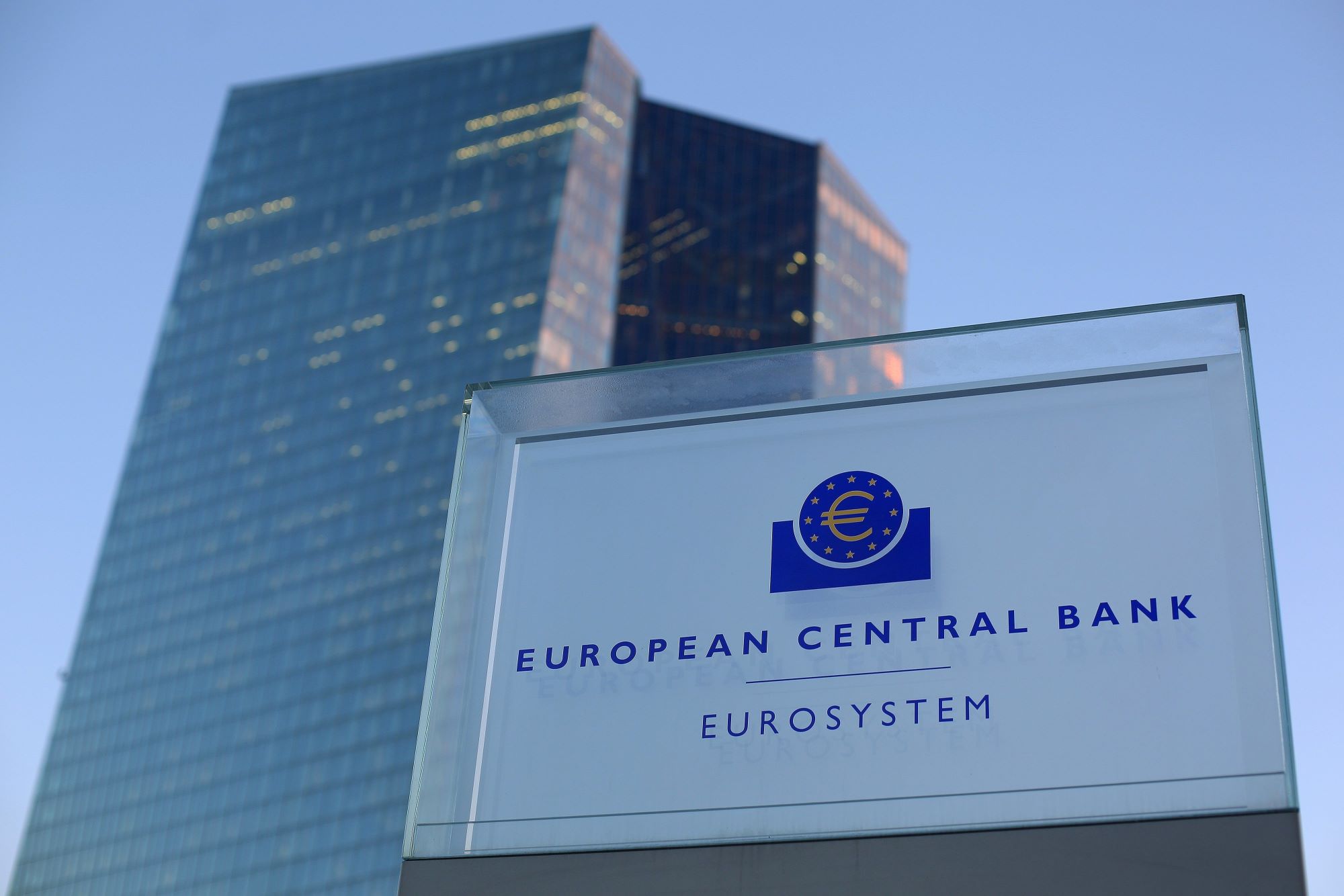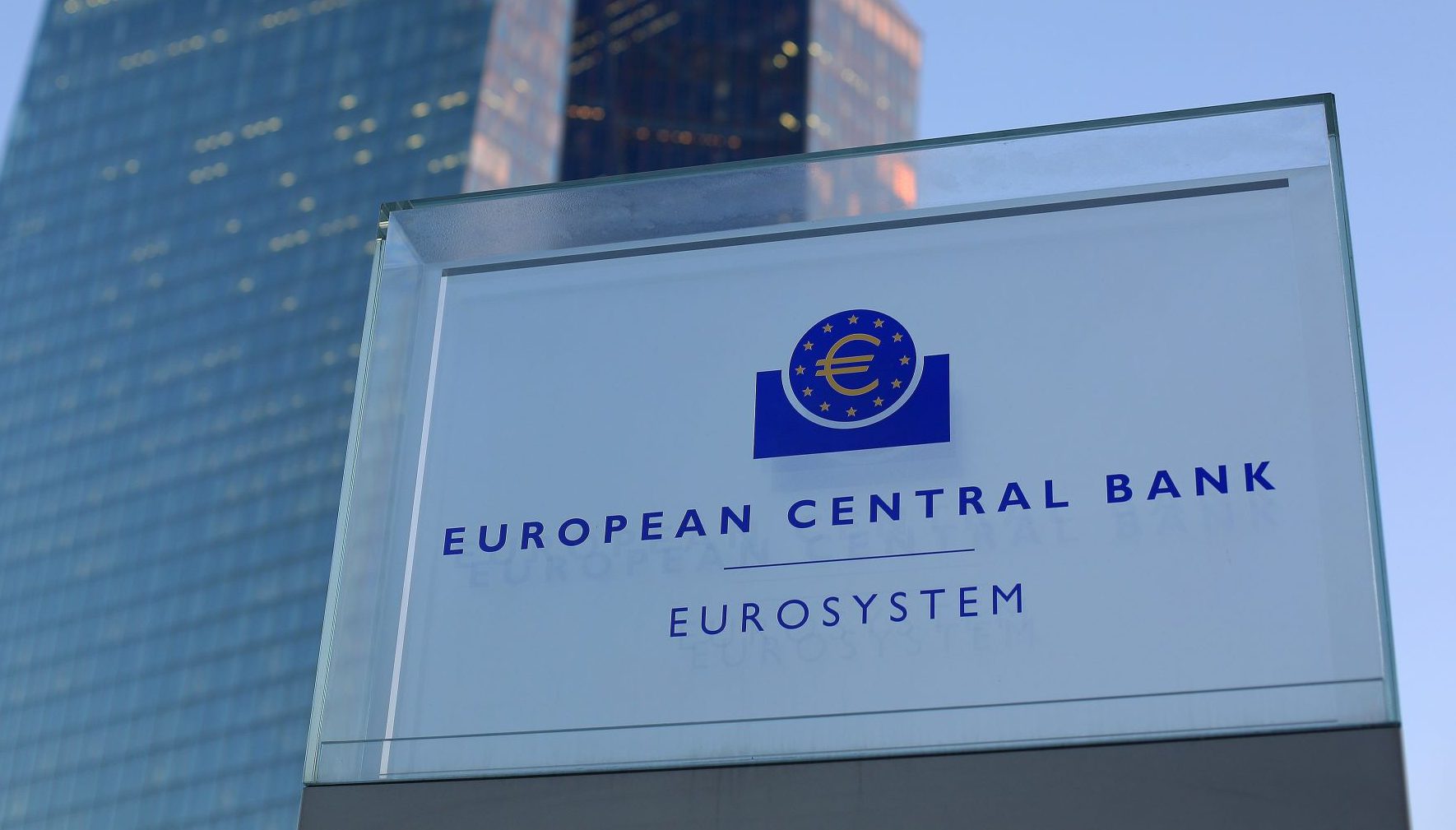The European Central Bank (ECB) has decided to raise interest rates by an additional half-a-percentage-point, the same as the decision the ECB took in December 2022. The ECB is showing its determination to tackle inflation and reach a rate of two per cent in a timely manner.
This new interest rate is set to come into effect on 8th February 2023. It will result in the deposit facility interest rate rising to 2.5 per cent and marginal lending to 3.25 per cent. Refinancing operations will also increase to three per cent.
The ECB Governing Council informed that it also intends to raise interest rates by another half-a-percentage point during its next monetary policy meeting in March 2023, giving the business community a fair warning of what to expect.
Following its next monetary policy meeting in March 2023, the ECB Governing Council will evaluate the way forward with regards to interest rates, indicating that it could potentially change its pace regarding inflation.
The rationale behind the consecutive increases in interest rates has been the intention to reduce consumer demand and guard against the risks which come from a persistent upward shift in inflation.
As of January 2023, the eurozone inflation rate stood at 8.5 per cent, down from 9.2 per cent in December 2022. While inflation in the eurozone as a whole has been consistently in decline since it peaked at 10.6 per cent in October, Malta’s rate of inflation has kept relatively stable for the past three months, oscillating between 7.4 and 7.2 per cent between September and December 2022.
Energy continues to be the main driver of inflation in the eurozone; however, it is also the fastest declining, in relative terms of cost. On the other hand, inflation on the price of food is still rising, specifically processed food, while inflation in the cost of unprocessed food is in decline, according to Eurostat.
What does it mean for consumers?
Higher interest rates make borrowing more expensive and saving more attractive, as a result reducing consumer demand for goods.
Thus far Malta remains relatively insulated from the effects of the rapid increases the eurozone central banks are forcing through, as local banks have kept their interest rates unchanged thus far. However, it might be a matter of time at this point before local banks might start taking action of their own.
ECB lowers key interest rates by 25 basis points in response to inflation outlook
While inflation remains high, the ECB projects it will ease in the second half of next year
HSBC Malta share price drops sharply following strategic review announcement
Market analysts suggest that the uncertainty surrounding the review, with speculation of an impending sale, has fuelled investor concerns
‘This is true one-touch implementation designed with SMEs in mind’ – Roderick Farrugia, CIO, Melita Limited
A walk through the primary cybersecurity threats facing today’s SME’s and Melita’s practical solutions to combat them






